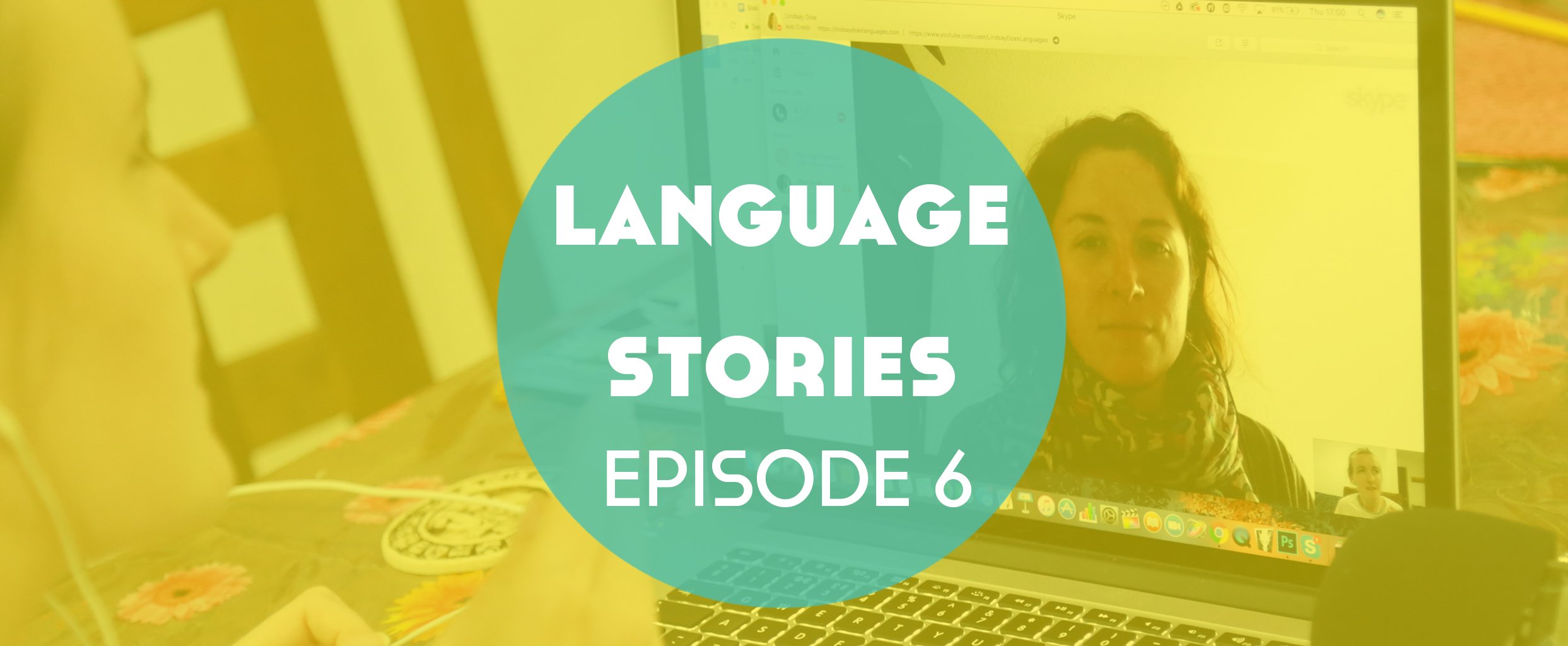January 12th, 2018
Language Stories: You Know a Word in Nahuatl – Episode 6
Welcome to episode 6 of Language Stories. This time we’re in Mexico and we’re talking all things Nahuatl. And guess what? You know a word in Nahuatl.

Why Nahuatl?
When we were in Cuba, just before Hurricane Irma struck, our casa particular owner said to us we can use the internet. It was weird. We’d gone almost two weeks with zero wifi due to it being a complicated and expensive and time-consuming process in Cuba, and all of a sudden we were told we could connect to her wifi for free?! Wow!
We were instantly inundated with news of the impending hurricane, which was fine, because we knew from chatting with locals on the street that it was coming. But what we did discover that we didn’t previously know was that Mexico had been hit by an earthquake, near Oaxaca, a place we were planning to spend a bit of time.
The internet soon cut off, and as Hurricane Irma eased, we finally needed to get in line and get ourselves a wifi card, mostly to tell friends and family we were ok. The next two times we logged on, we saw news of yet another earthquake in Mexico.
Already having been a tourist in one natural disaster, we decided not to visit the route we had in mind for Mexico, give people time and space to get back to some level of normality without tourists wandering their streets, and instead spend our time there in one town, Merida in the Yucatan.
Merida was great, and we made a great episode of Language Stories there, Maya Isn’t Dead.
But we didn’t want to ignore the rest of Mexico that we were no longer going to visit. So we spoke with Siskia, a Mexican from Central Mexico, who previously spent some time learning Nahuatl, the most commonly spoken indigenous language of Mexico.
And that’s why Nahuatl. With over a million speakers, that’s more people speaking this language that you may never have heard of than some European languages. Nahuatl deserved to take centre stage for an episode.
The Video
The Podcast
Featuring

Siskia Lagomarsino writes at The Polyglotist and is a translator, interpreter, language tutor, and language learner. She has previously studied Nahuatl.
To read more, visit her website The Polyglotist and check out this guest post here on Lindsay Does Languages about her experiences learning Nahuatl.
Further Reading + Resources
Uto-Aztecan Languages on Wikipedia – check the Wikipedia page for an introduction to the Uto-Aztecan family.
The Flower Tree Poem – the whole poem I quote at the end of the podcast.
More Nahuatl poem suggestions – a Quora post with more suggestions for poems in Nahuatl.
An app to learn Nahuatl – if you’re curious to learn a few words, this looks like a great start!
Starter Lessons – Self-proclaimed ‘Inadequate’ Nahuatl Lessons.
Support The Show
The best thing you can do right now to support the project is threefold, and if you’ve ever listened to any podcast before, I’m sure you’ll be familiar with what I’m about to say!
1. Subscribe – by subscribing to the Language Stories podcast in your favourite place and YouTube for the sister videos, you’re going to keep up with all future episodes. Woop!
2. Review – when it comes to the tech stuff, reviews are pretty important. Reviews help to tell iTunes that people like the podcast, and that helps to raise the profile so that new people can find it easily. Yay!
3. Tell a friend – word of mouth still wins! If you know someone who would love Language Stories, tell them about it. And if they’re new to podcasts, walk them through the process to subscribe them. Woohoo!
To make it as easy as possible to share the podcast, click here to tweet about episode.
Share Your Story
If you have a Language Story you’d love to share, or if you know someone that does, get in touch.
I always love to hear from you! Your feedback helps to shape future episodes so thank you.







